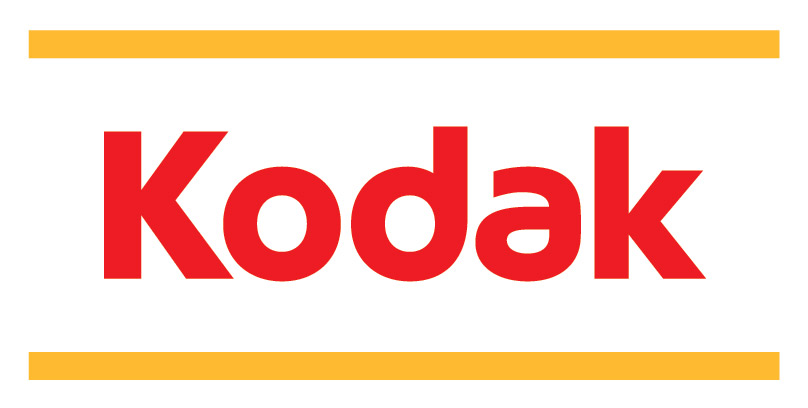
|
By Graham K. Rogers

In a press release, Kodak, who are going through some considerable restructuring having entered Chapter 11 bankruptcy proceedings, have announced that is plans to phase out its dedicated capture devices business in the first half of 2012: digital cameras, pocket video cameras and digital picture frames.
As it owns a number of patents for the technologies used in these types of devices, it will instead concentrate on licensing the technology. The company's consumer business will now focus on online and retail-based photo printing, as well as desktop inkjet printing.
The press release continues:
Kodak has contacted its retail partners, and is working closely with them to ensure an orderly transition. Kodak will continue to honor all related product warranties, and provide technical support and service for its cameras, pocket video cameras and digital picture frames.
"For some time, Kodak's strategy has been to improve margins in the capture device business by narrowing our participation in terms of product portfolio, geographies and retail outlets. Today's announcement is the logical extension of that process, given our analysis of the industry trends," said Pradeep Jotwani, President, Consumer Businesses, and Kodak Chief Marketing Officer.
Upon completion of the phase out, Kodak expects to achieve annual operating savings of more than $100 million. Kodak expects to incur a charge related to separation benefits of approximately $30 million resulting from the exit of the business.
In addition to its Consumer Businesses segment, Kodak has a Commercial Businesses segment that includes the Digital and Functional Printing, Enterprise Services and Solutions, and Graphics, Entertainment and Commercial Films units. Kodak's digital businesses now comprise approximately three-fourths of total revenues.
Kodak continues to have a strong position in the personal imaging market. While photos are increasingly taken on multi-function mobile devices, Kodak technology makes it easy for consumers to produce a broad range of photo products, anywhere, anytime - from prints to photobooks, photo greeting cards and personalized calendars. These items can be made on Kodak products, with Kodak quality at retail, at home, and ordered for delivery to home.
Kodak's continuing consumer products and services will include:
- Retail-based photo kiosks and digital dry lab systems, a market in which Kodak is the clear worldwide leader. Kodak pioneered the retail-based kiosk market, and the company now has more than 100,000 kiosks and order stations for dry lab systems around the world, with some 30,000 of those units connected to the most popular photo-sharing sites.
- Consumer inkjet printers, where Kodak has outpaced overall market growth for several years. Kodak consumer inkjet printers provide consumers with high-quality output and the lowest total ink replacement cost. Consumers can send documents and photos to Kodak printers from anywhere, using any web-connected device.
- Kodak apps for Facebook, which make it easy for consumers to obtain photo products using photos from their Facebook albums.
- Kodak Gallery (www.kodakgallery.com), a leading online digital photo products service. Kodak Gallery enables consumers to share their photos, and offers product and creation tools that enable people to do more with their photos.
- The Kodak camera accessories and batteries businesses. These products are universally compatible with all camera brands, and extend into other consumer product segments such as charging units for smartphones.
- The traditional film capture and photographic paper business, which continues to provide high-quality and innovative products and solutions to consumers, photographers, retailers, photofinishers and professional labs.
The press release, which is available online, closes with a lengthy cautionary statement on the use of forward-looking statements.
Graham K. Rogers teaches at the Faculty of Engineering, Mahidol University in Thailand. He wrote in the Bangkok Post, Database supplement on IT subjects. For the last seven years of Database he wrote a column on Apple and Macs.
|

|




